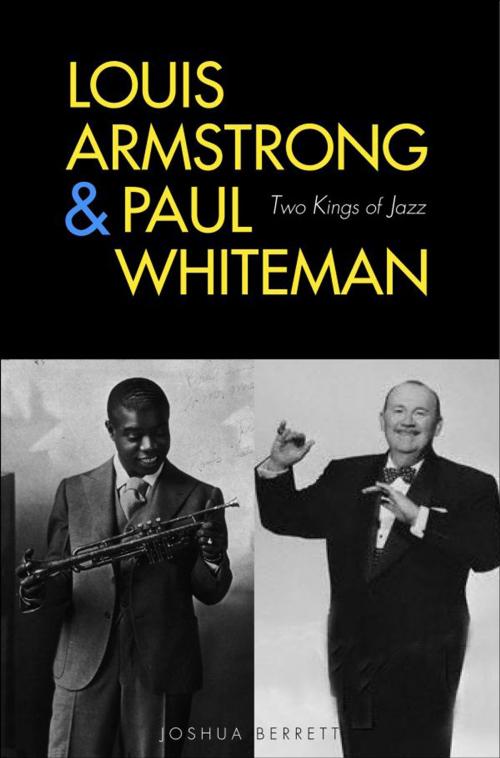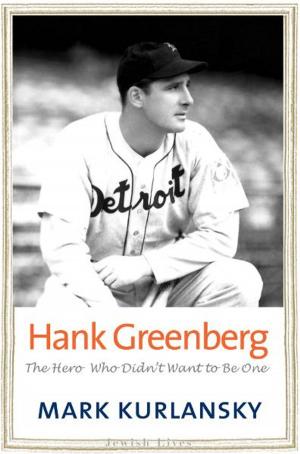| Author: | Joshua Berrett | ISBN: | 9780300127478 |
| Publisher: | Yale University Press | Publication: | October 1, 2008 |
| Imprint: | Yale University Press | Language: | English |
| Author: | Joshua Berrett |
| ISBN: | 9780300127478 |
| Publisher: | Yale University Press |
| Publication: | October 1, 2008 |
| Imprint: | Yale University Press |
| Language: | English |
In Louis Armstrong and Paul Whiteman the jazz scholar Joshua Berrett offers a provocative revision of the history of early jazz by focusing on two of its most notable practitioners-Whiteman, legendary in his day, and Armstrong, a legend ever since.
Paul Whiteman’s fame was unmatched throughout the twenties. Bix Beiderbecke, Bing Crosby, and Jimmy and Tommy Dorsey honed their craft on his bandstand. Celebrated as the King of Jazz” in 1930 in a Universal Studios feature film, Whiteman’s imperium has declined considerably since. The legend of Louis Armstrong, in contrast, grows ever more lustrous: for decades it has been Armstrong, not Whiteman, who has worn the king’s crown.
This dual biography explores these diverging legacies in the context of race, commerce, and the history of early jazz. Early jazz, Berrett argues, was not a story of black innovators and white usurpers. In this book, a much richer, more complicated story emerges-a story of cross-influences, sidemen, sundry movers and shakers who were all part of a collective experience that transcended the category of race. In the world of early jazz, Berrett contends, kingdoms had no borders.
In Louis Armstrong and Paul Whiteman the jazz scholar Joshua Berrett offers a provocative revision of the history of early jazz by focusing on two of its most notable practitioners-Whiteman, legendary in his day, and Armstrong, a legend ever since.
Paul Whiteman’s fame was unmatched throughout the twenties. Bix Beiderbecke, Bing Crosby, and Jimmy and Tommy Dorsey honed their craft on his bandstand. Celebrated as the King of Jazz” in 1930 in a Universal Studios feature film, Whiteman’s imperium has declined considerably since. The legend of Louis Armstrong, in contrast, grows ever more lustrous: for decades it has been Armstrong, not Whiteman, who has worn the king’s crown.
This dual biography explores these diverging legacies in the context of race, commerce, and the history of early jazz. Early jazz, Berrett argues, was not a story of black innovators and white usurpers. In this book, a much richer, more complicated story emerges-a story of cross-influences, sidemen, sundry movers and shakers who were all part of a collective experience that transcended the category of race. In the world of early jazz, Berrett contends, kingdoms had no borders.















